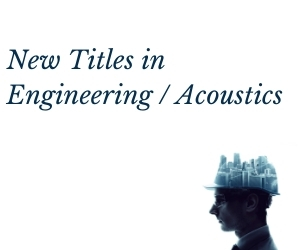System Upgrade on Tue, May 28th, 2024 at 2am (EDT)
Existing users will be able to log into the site and access content. However, E-commerce and registration of new users may not be available for up to 12 hours.For online purchase, please visit us again. Contact us at customercare@wspc.com for any enquiries.
This book is based on the author's 34 years of experience as a teacher/researcher of coastal engineering and management and on recent reflections on newly relevant issues, such as consequences of failure, impacts of rising sea levels, aging infrastructure, real estate development, and contemporary decision making, design and education.
This textbook for undergraduate students, postgraduate students and practicing engineers covers waves, structures, sediment movement, coastal management, and contemporary coastal design and decision making, presenting both basic principles and engineering solutions. It discusses the traditional methods of analysis and synthesis (design), but also contemporary design taking into account environmental impacts, consequences of failure, and current concerns such as global warming, aging infrastructure, working with stakeholder groups, regulators, etc.
This second edition expands greatly on the topics of failure and resilience that surfaced as a result of recent disasters from hurricane surges and tsunamis. It updates the discussion of design and decision making in the 21st century, with many new examples presented.
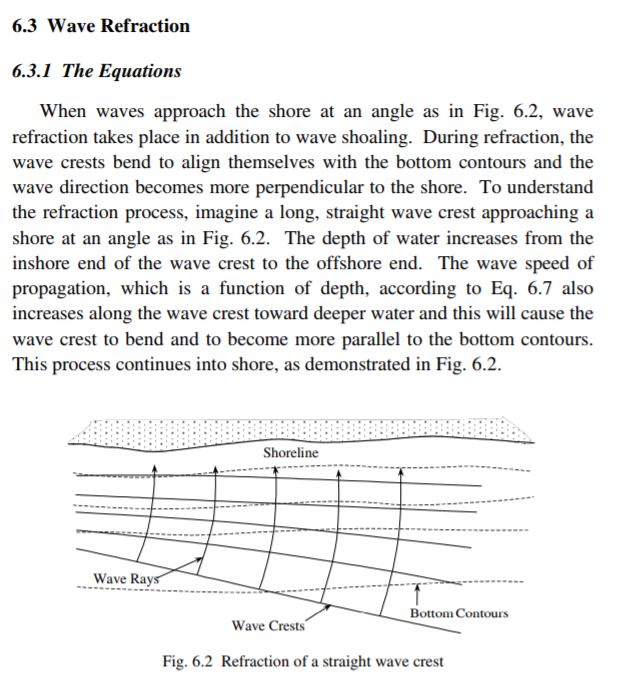
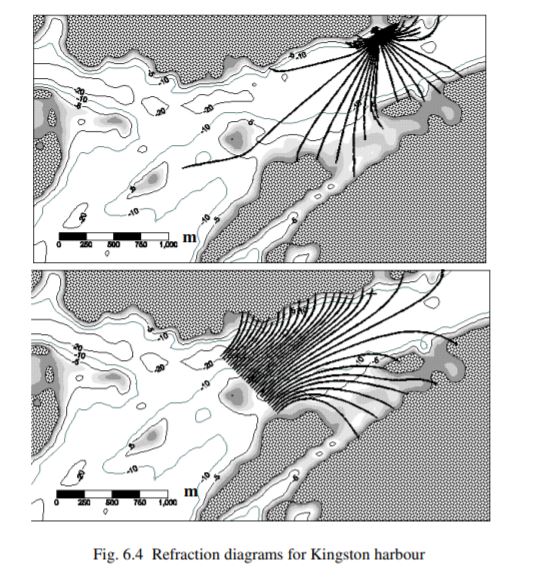
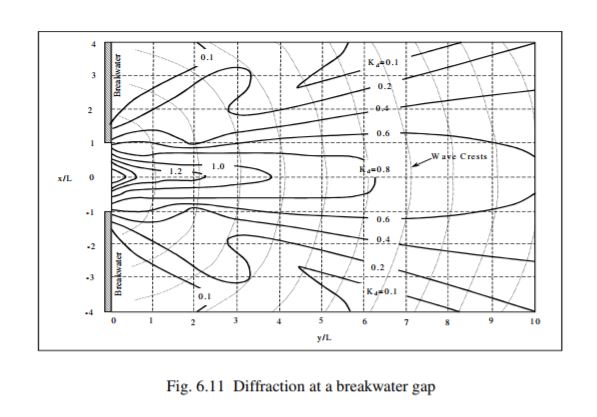
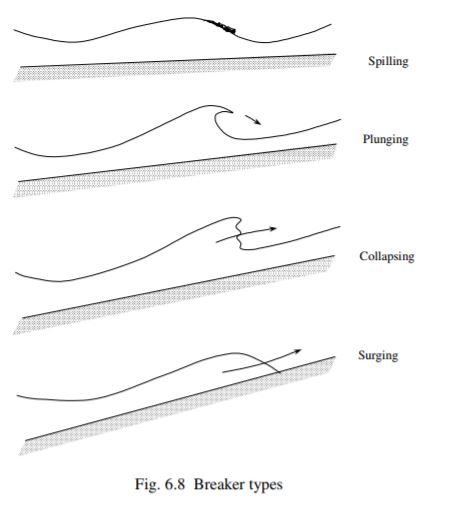
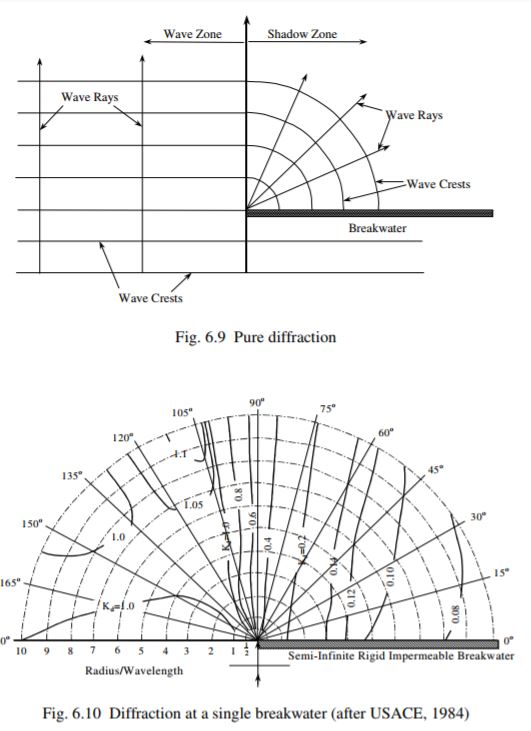
Sample Chapter(s)
Chapter 1: Introduction (226 KB)
Chapter 2: Water Waves (346 KB)
Chapter 3: Short-Term Wave Analysis (391 KB)
Chapter 5: Wave Generation (263 KB)
Contents:
- Water Waves
- Short-Term Wave Analysis
- Long-Term Wave Analysis
- Wave Generation
- Wave Transformation and Breaking
- Tides and Water Levels
- Rare Extraneous Events
- Design of Structures
- Breakwaters
- Introduction to Coastal Management
- Coastal Sediment Transport
- Basic Shore Processes
- Coastal Design
- One-Dimensional Modeling of Coastal Morphology
- Shore Protection
- Contemporary Concepts
- Problems
Readership: Undergraduate and graduate students, researchers and academics in coastal engineering and management.






